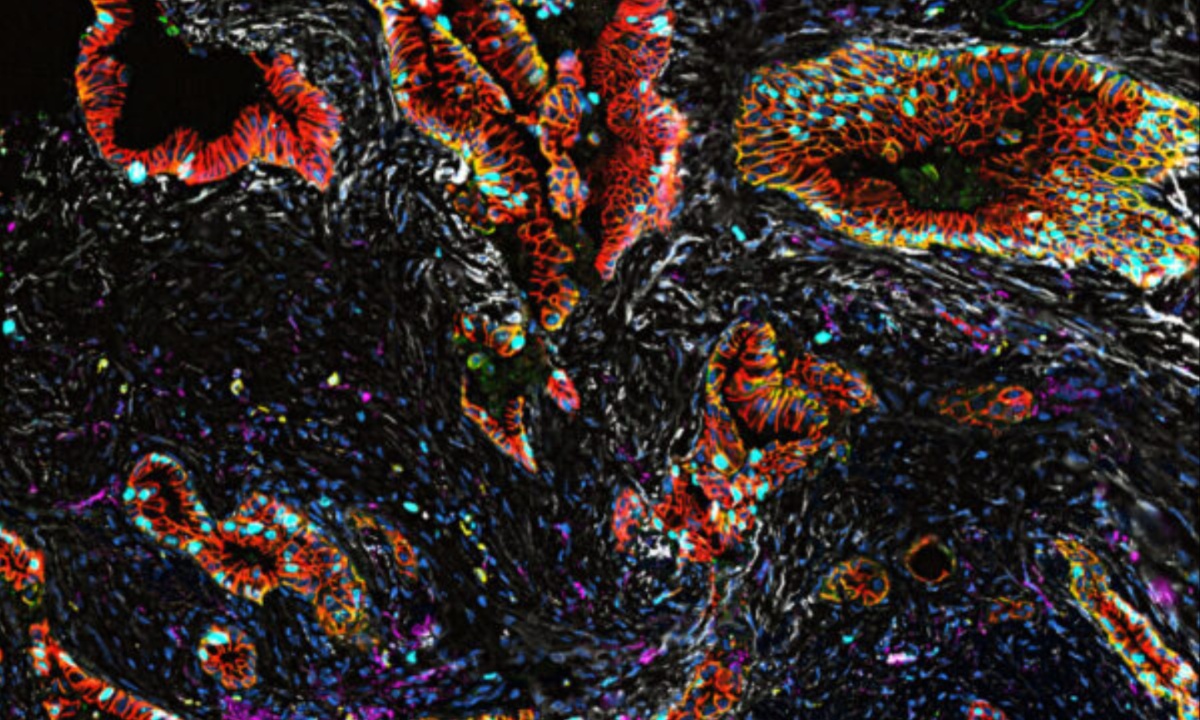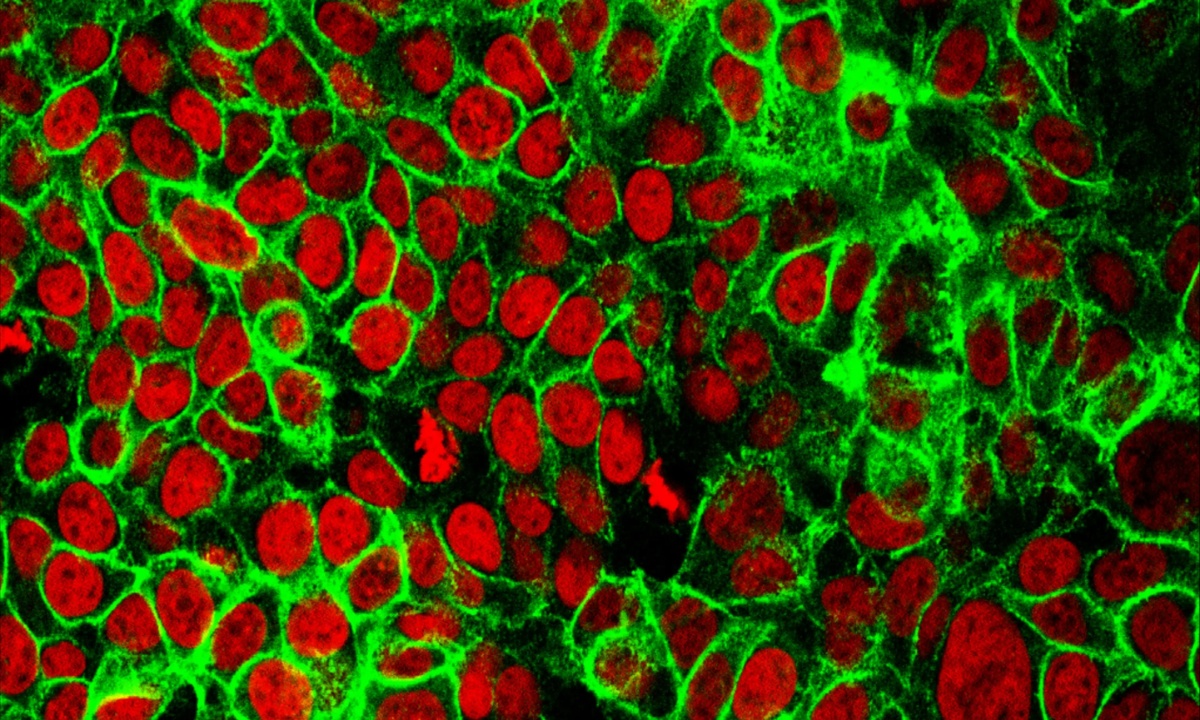The Human Tumor Atlas Network (HTAN), supported by the National Institutes of Health’s Cancer Moonshot initiative, has produced a significant body of research revealing critical insights into the development, spread, and treatment responses of cancer tumors.
Ten studies are set to be published on October 31, 2024, across several Nature journals, focusing particularly on the interactions between the tumor microenvironment and the immune system. These investigations aim to clarify how these elements contribute to the progression of cancer and the mechanisms behind treatment resistance.
Notably, three studies focus on the transition from precancerous colorectal tissues to cancerous states, analyzing the various molecular and cellular changes that occur throughout this process. The research highlights innovative advancements in single-cell technologies and analytical platforms that allow for more detailed examinations of tumor biology.
These developments promise to enhance the precision of cancer treatment and prevention strategies, providing a clearer picture of the underlying biological mechanisms at work.

Since its launch in 2018, HTAN has been dedicated to constructing three-dimensional maps of human tumors, which capture both their molecular features and the surrounding microenvironments over time.
A collaborative effort among various research institutions across the country, this initiative employs diverse technologies and computational techniques to explore tumors at the single-cell level. The comprehensive nature of these maps serves as a vital resource for researchers aiming to deepen their understanding of cancer’s complexities, ultimately driving improvements in prevention and therapeutic approaches.
In a recent research briefing, W. Kimryn Rathmell, M.D., Ph.D., and Dinah Singer, Ph.D., discussed HTAN’s progress and its significance within the field of cancer research. Since the initial studies were published in 2020 and 2021, HTAN has established itself as a crucial resource for the scientific community, offering publicly available data that facilitates further exploration into cancer biology.
The ongoing efforts of HTAN represent a meaningful advancement in addressing the intricate challenges posed by cancer, with the goal of enhancing patient outcomes in the future.
